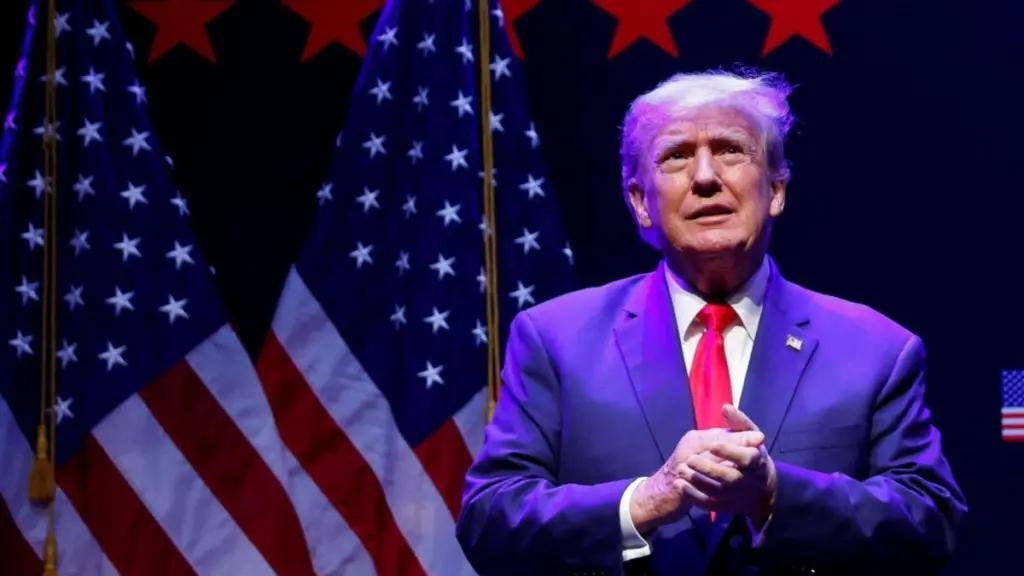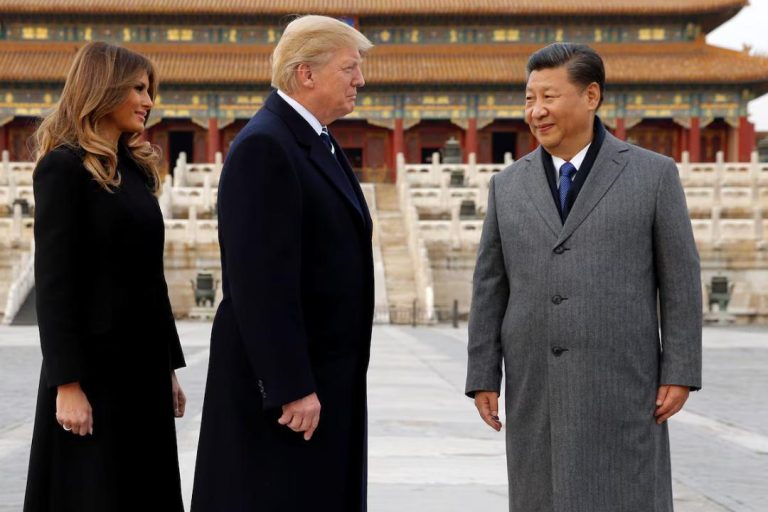
Donald Trump Exempts Smartphones & Computers from Reciprocal Tariffs
In a recent move, United States President Donald Trump has excluded smartphones, computers, and other electronic items from the reciprocal tariffs imposed on Chinese goods. According to a Customs and Border Patrol notice, this exemption includes the 125% tariffs that Trump imposed on Chinese goods earlier this year. This development comes amid concerns by tech giants, including Apple, that gadget prices may rise due to Trump’s tariffs, as many of these electronic items are manufactured in China.
The reciprocal tariffs were imposed by the Trump administration in response to China’s retaliatory tariffs on US goods. The tariffs were aimed at addressing the trade imbalance between the two countries, with the US accusing China of unfair trade practices, including intellectual property theft and forced technology transfer.
However, the exemption of smartphones, computers, and other electronic items from the reciprocal tariffs has raised questions about the impact on the tech industry. These electronic items are among the most popular and widely used consumer goods in the US, and any increase in prices could have significant implications for consumers and the economy.
In a statement, Apple, one of the largest tech companies in the world, expressed relief at the exemption. “We appreciate the administration’s decision to exempt certain electronic devices from the tariffs,” the company said. “This will help to ensure that our products remain affordable and accessible to consumers.”
Other tech giants, including Google and Amazon, also welcomed the exemption. However, some experts have noted that the exemption may not be permanent and could be subject to change depending on the outcome of trade negotiations between the US and China.
The exemption of smartphones, computers, and other electronic items from the reciprocal tariffs is seen as a significant victory for the tech industry, which has been vocal in its opposition to the tariffs. The industry has argued that the tariffs would not only increase prices for consumers but also stifle innovation and competitiveness.
In recent months, the tech industry has been at the forefront of the trade tensions between the US and China. The industry has been concerned about the impact of tariffs on its supply chain and the potential disruption to global trade. The exemption of electronic items from the tariffs is seen as a recognition of the industry’s concerns and a attempt to mitigate the negative impacts of the tariffs.
The exemption also comes amid concerns about the impact of the tariffs on the US economy. The tariffs have been criticized for being overly broad and for targeting consumer goods, including electronics, rather than specific Chinese companies or industries. The tariffs have also been seen as a way for the Trump administration to raise revenue and to pressure China into making concessions in trade negotiations.
In conclusion, the exemption of smartphones, computers, and other electronic items from the reciprocal tariffs is a significant development in the ongoing trade tensions between the US and China. The exemption is seen as a victory for the tech industry, which has been vocal in its opposition to the tariffs. However, the exemption is not permanent and could be subject to change depending on the outcome of trade negotiations between the US and China.






